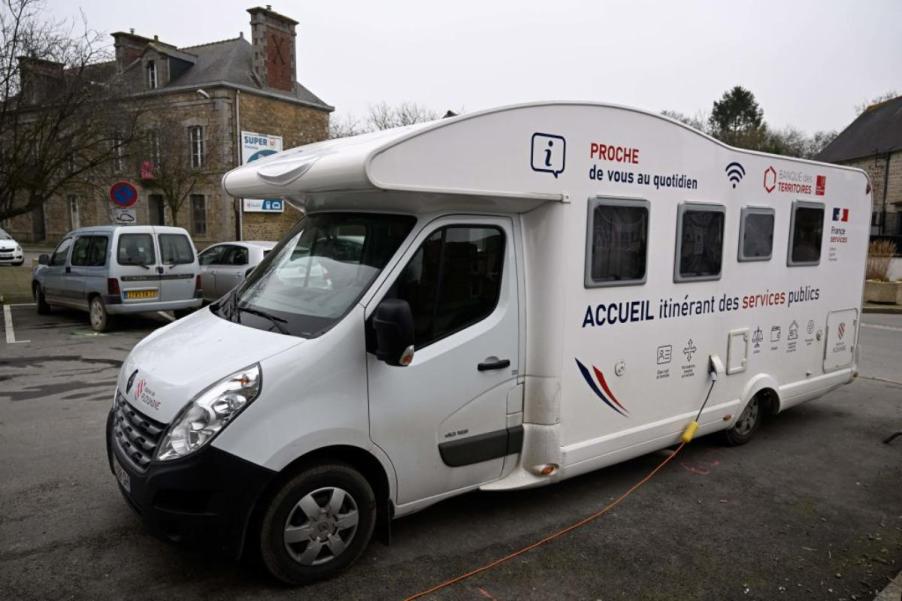
2 Big Limiting Factors to Electric RVs
RVs may have enjoyed a surge in sales during the pandemic, but that’s no longer the case. Sales are falling, and it seems that people aren’t as interested in RVs as they once were. Electric RVs are suffering even more than the gasoline-powered version, and there are two huge reasons why.
The upfront costs are too expensive for electric RVs
Electric RVs are still very new, and there currently aren’t that many options on the market. In spite of this, Camper Report believes there are several advantages to owning an electric RV, such as quiet engines, models that are new and innovative, solar charging, saving money at the pump, and clean energy. There are a few issues that are difficult to ignore, however, and the positives don’t outweigh the negatives.
The main problem is that electric RVs are simply too expensive upfront. Saving money on fuel in the long term isn’t all that attractive when you realize you’re spending twice as much upfront.
For example, Camper Report pointed out that if a gasoline-powered camper costs $100,000, then the electric version is going to cost $200,000. While fuel prices may be costly, they aren’t so high that it will justify spending $100,000 more for an electric camper.
Where are all the charging stations?
RV owners typically don’t head to New York City to enjoy spending time seeing the sites from a traffic jam, all while struggling to find a parking spot that will accommodate such a large vehicle. Instead, RV owners are interested in exploring less rural areas. While this is fine for gasoline-powered vehicles, it poses an enormous problem for RV owners.
Finding a charging station in remote towns is next to impossible. We reported last year that this is a major issue in the West where many EV owners are being plagued by range anxiety. Even if you can reach a charging station, there’s no guarantee that the chargers are working. Some test drivers for AutoEvolution learned this the hard way during a road trip to test which is the best EV for road trips. They couldn’t stop at some charging stations because the chargers couldn’t handle 800V cars, and other stations had chargers that were broken.
Another issue that escalates the problem with the lack of charging stations is the poor range that electric RVs get. On average, they may get 100 miles of range. The large size and heavy weight of RVs contribute to poor range. Because of this, it really limits how far electric RV owners can realistically go.
For anyone who plans on taking their electric RV to a local campground and parking it, the lack of charging stations isn’t that big of a deal, as some campgrounds now offer charging stations on-site. On the other hand, electric RVs are a poor choice for anyone who wants to go on a long road trip. This could be changing in the future, however.
It may not be over for electric RVs just yet
There are many consumers who don’t trust electric vehicles. This has a lot to do with the fact that there are still issues like the fluctuating range in extreme temperatures, range anxiety, and the cost of battery replacement to name a few.
These are problems that are solvable, however. The option to charge your electric RV using solar rays is just one example of how RV manufacturers are trying to work through these issues.
It may take time, but eventually, there will be more charging stations, and the upfront costs will come back down once the initial demand begins to fall. Hybrid options are also in the works, which will address many of these issues. Until then, many buyers who want an RV will most likely stick with gasoline-powered versions.


